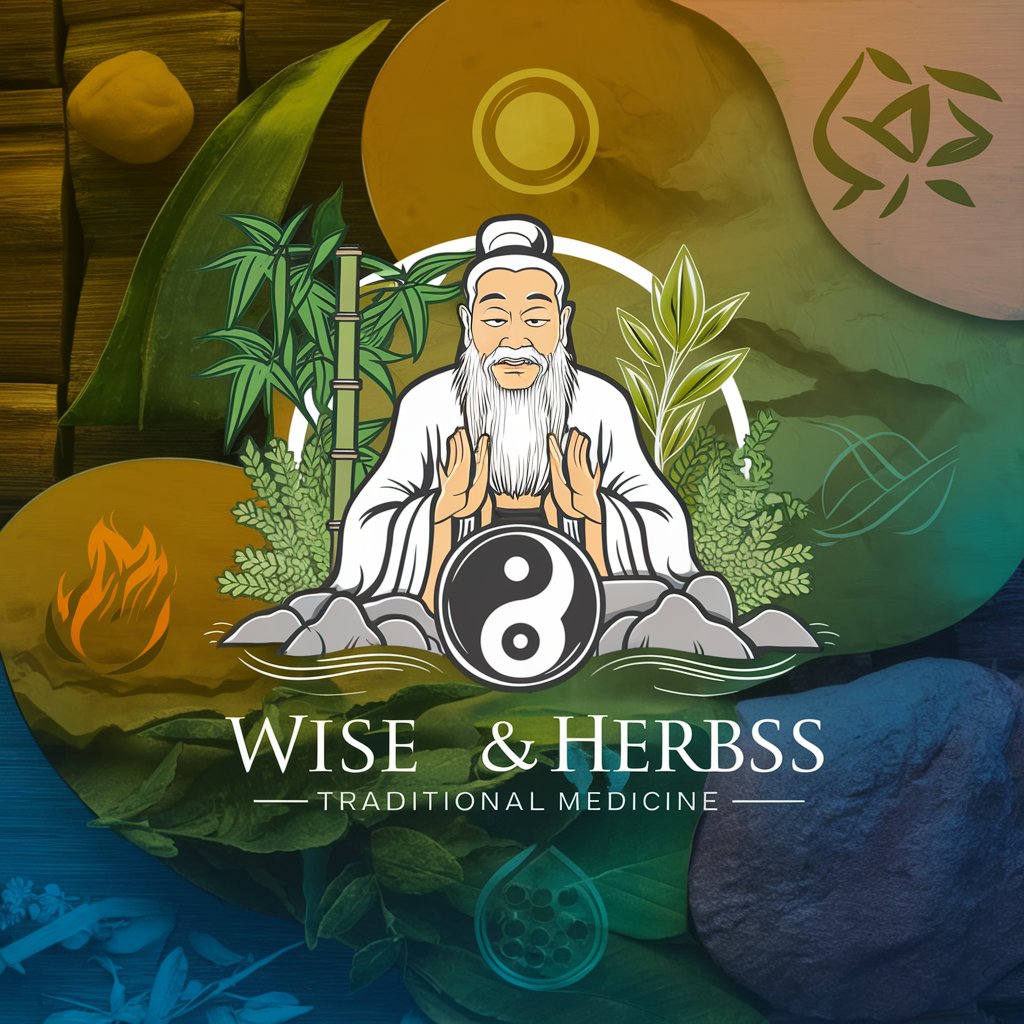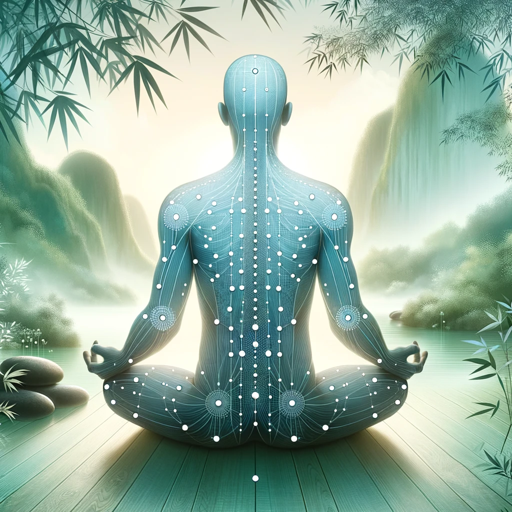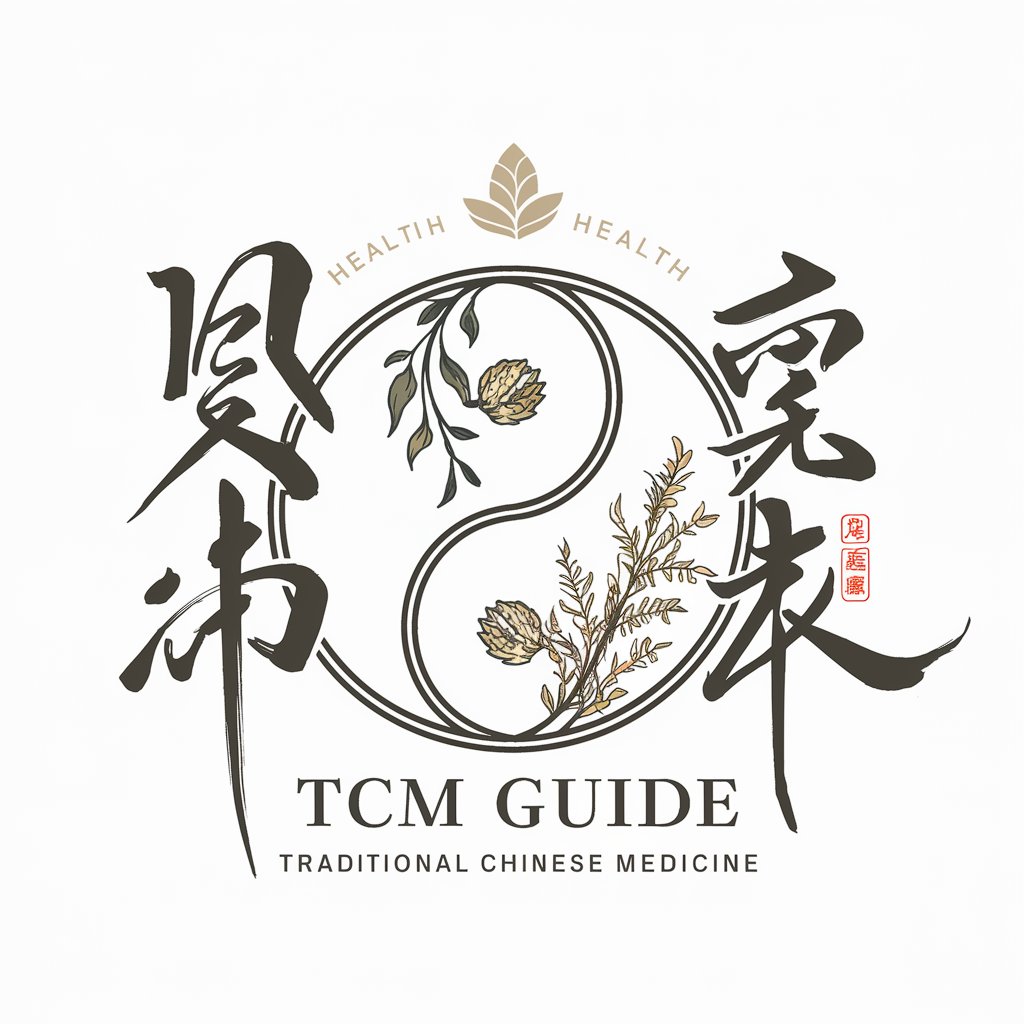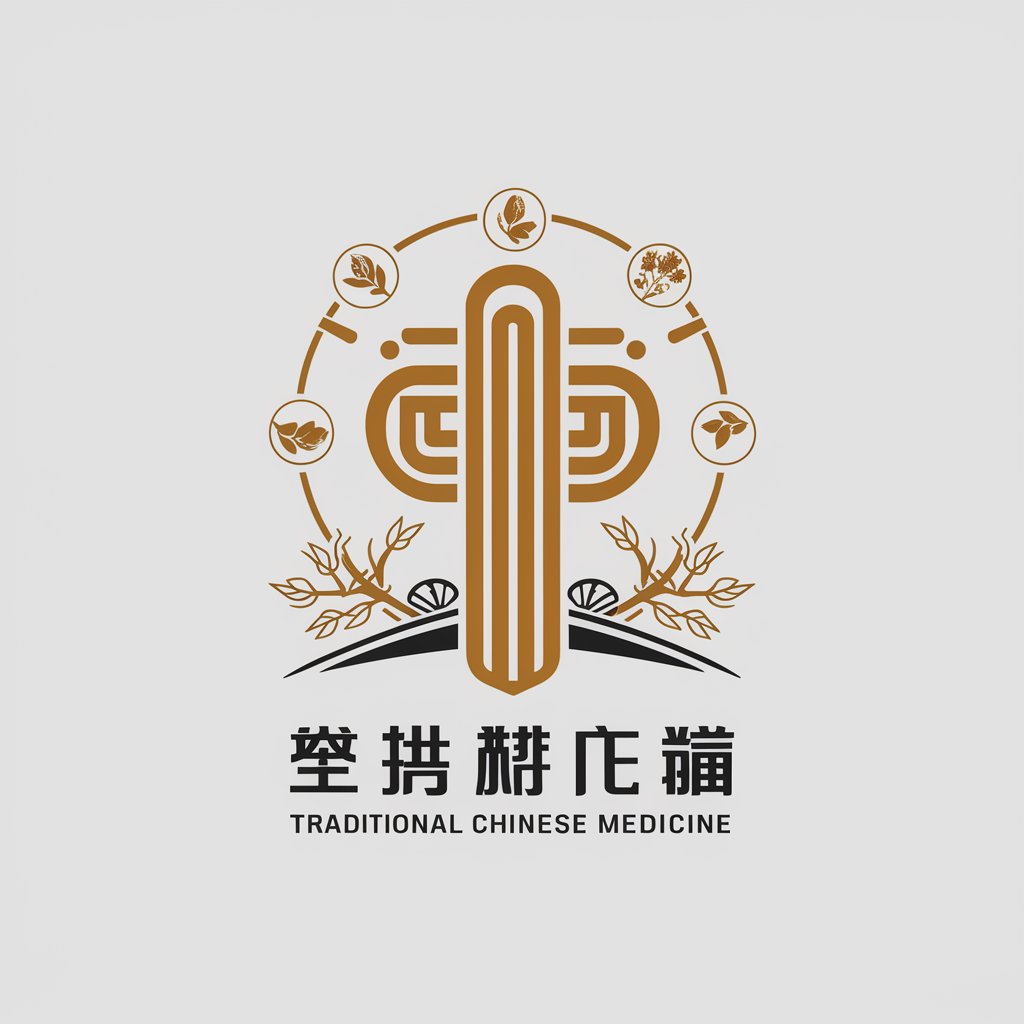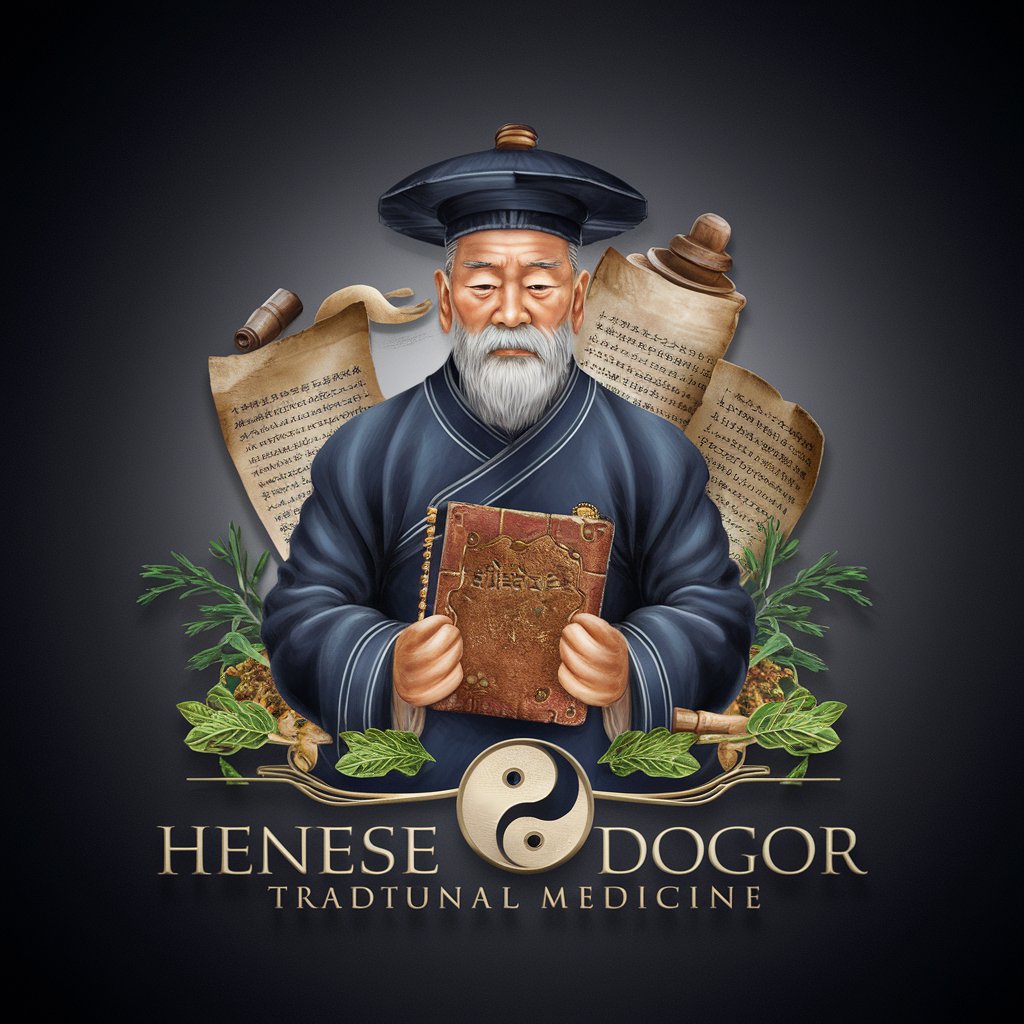
Traditional Chinese Medicine (TCM) - holistic, traditional health guide
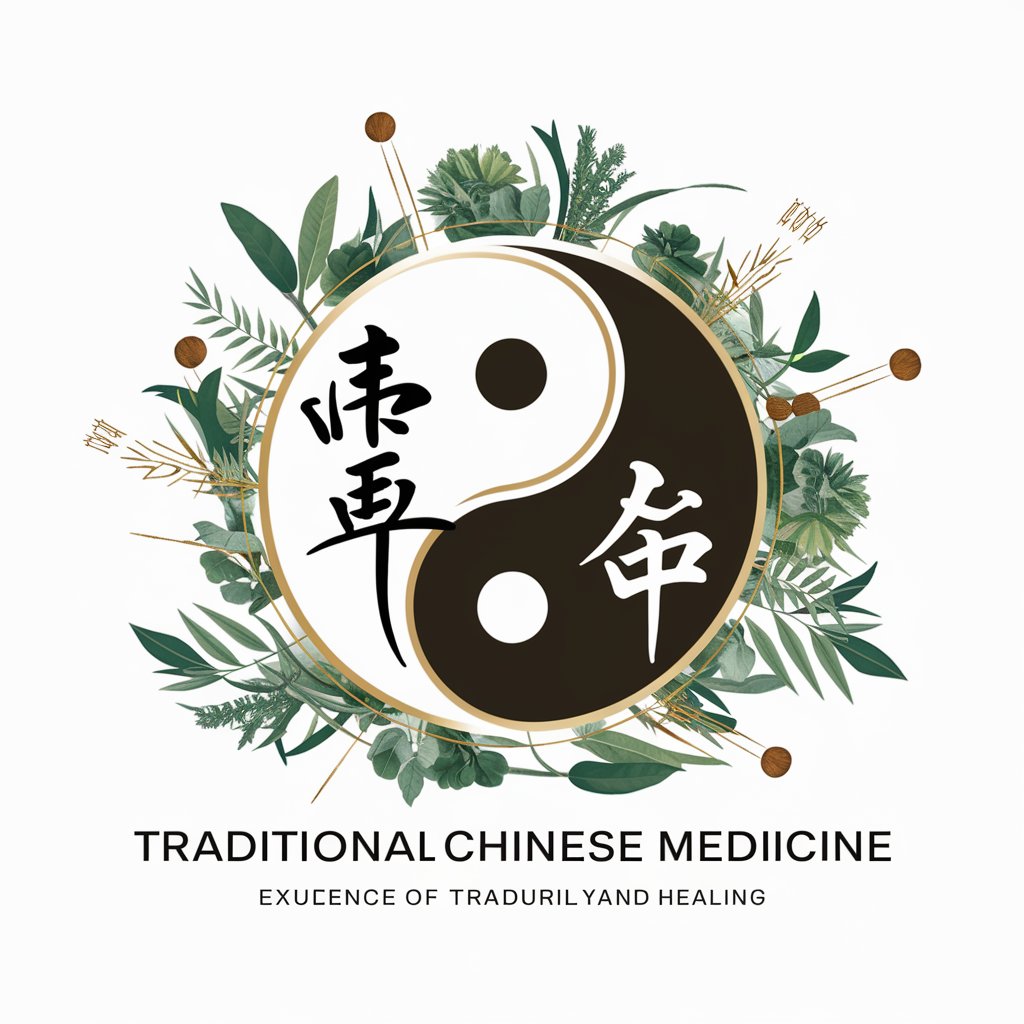
Welcome! Explore the wisdom of Traditional Chinese Medicine with me.
Empowering health with AI-driven TCM insights
Explain the concept of yin and yang in TCM and its significance.
What are the primary meridians in Traditional Chinese Medicine?
Describe the role of Qi in TCM.
How does acupuncture work according to TCM principles?
Get Embed Code
Introduction to Traditional Chinese Medicine (TCM)
Traditional Chinese Medicine (TCM) is an ancient medical system that originated in China thousands of years ago. It is rooted in the belief that the human body's vital energy, or Qi, circulates through channels called meridians that connect to organs and functions. TCM aims to balance the Yin (passive) and Yang (active) energies to maintain health and prevent illness. Its practices include herbal medicine, acupuncture, tuina (massage), dietary therapy, and qi gong (exercises to cultivate energy). For example, in acupuncture, practitioners insert needles at specific points to restore the flow of Qi, aiding in conditions like chronic pain or anxiety. Powered by ChatGPT-4o。

Main Functions of Traditional Chinese Medicine
Preventive Care
Example
Routine acupuncture sessions
Scenario
Acupuncture is used to strengthen the body's immune system before the onset of seasonal changes to prevent illnesses like colds or flu.
Treatment of Chronic Conditions
Example
Herbal remedies and acupuncture for chronic pain management
Scenario
Herbs like turmeric and techniques like acupuncture are applied to alleviate chronic pain conditions such as arthritis or back pain without the reliance on pharmaceutical painkillers.
Mental Health and Emotional Balance
Example
Meditative practices like Qi Gong
Scenario
Qi Gong and meditative breathing exercises are prescribed to reduce stress, improve concentration, and balance emotional health, benefiting individuals with anxiety or depression.
Dietary Therapy
Example
Tailored dietary advice based on TCM principles
Scenario
Dietary recommendations are made based on individual diagnoses to address issues like indigestion, obesity, or fatigue, integrating foods that harmonize the body's internal energy.
Ideal Users of Traditional Chinese Medicine Services
Individuals with Chronic Ailments
People suffering from long-term conditions such as arthritis, diabetes, or chronic pain can benefit from TCM's holistic approach, which focuses on natural treatments and minimizing side effects.
Those Seeking Preventive Health Measures
Individuals looking to maintain health and prevent disease find TCM's preventive and holistic approach effective, especially in building immunity and overall well-being.
Individuals Interested in Holistic and Natural Therapies
People who prefer natural, non-invasive therapies over Western medicine's pharmacological treatments are ideal users. TCM offers a diverse range of treatments focusing on natural herbs, lifestyle adjustments, and energy balance.
Patients Looking for Complementary Treatments
Patients undergoing conventional medical treatments for various illnesses may use TCM as a complementary approach to manage side effects and enhance the effectiveness of other treatments.

Using Traditional Chinese Medicine (TCM)
Start your journey
Visit yeschat.ai for a free trial without logging in, and no need for ChatGPT Plus.
Consult a TCM practitioner
Seek professional consultation from a certified TCM practitioner to get a personalized diagnosis and treatment plan based on your health condition.
Understand your body
Learn about your body's balance of yin and yang and how TCM can help restore harmony through herbal medicine, acupuncture, and lifestyle changes.
Embrace holistic treatments
Engage with various TCM therapies like cupping, moxibustion, and qigong to complement herbal treatments and acupuncture.
Follow-up and adapt
Regularly follow up with your TCM practitioner and adapt treatments as needed to ensure optimal health outcomes.
Try other advanced and practical GPTs
Zero to AI in Healthcare
Empowering Healthcare with AI Insights
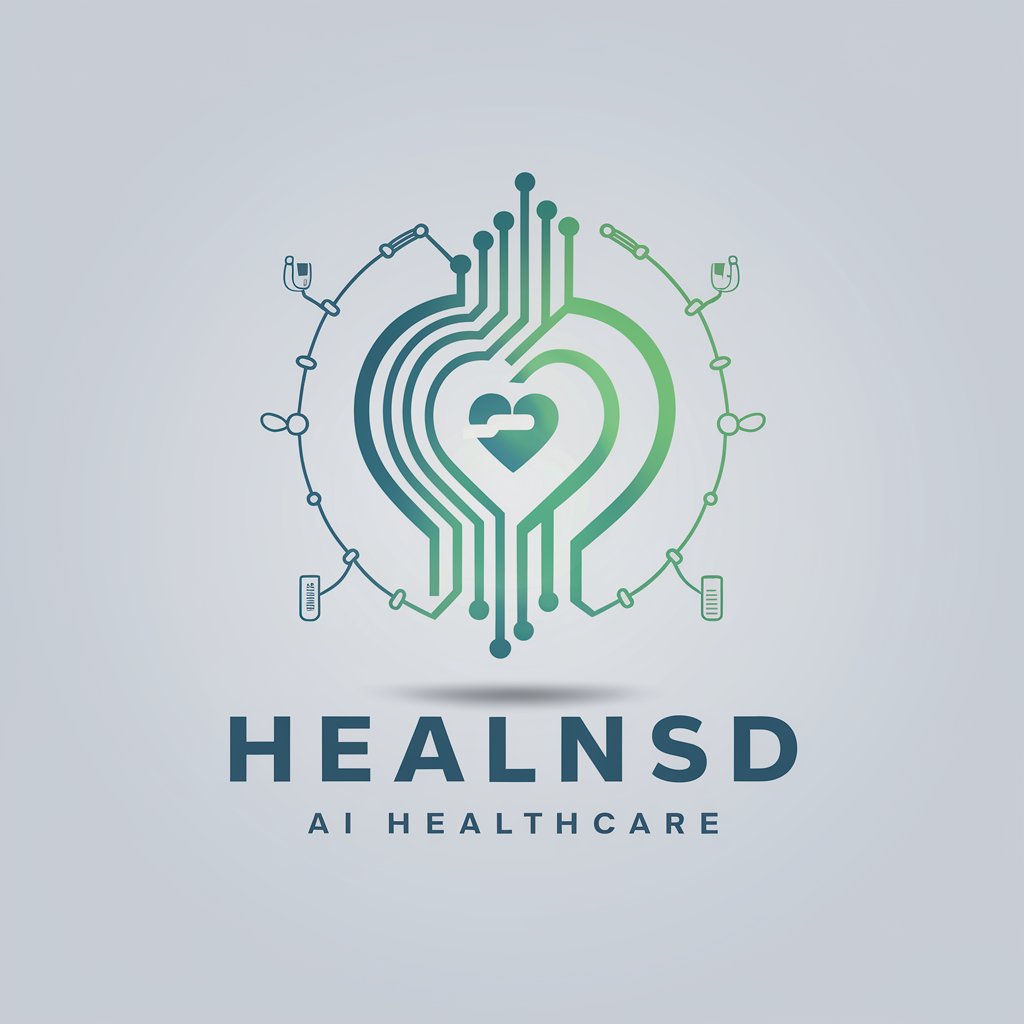
AI in Healthcare GPT
Empowering Healthcare with AI Insights
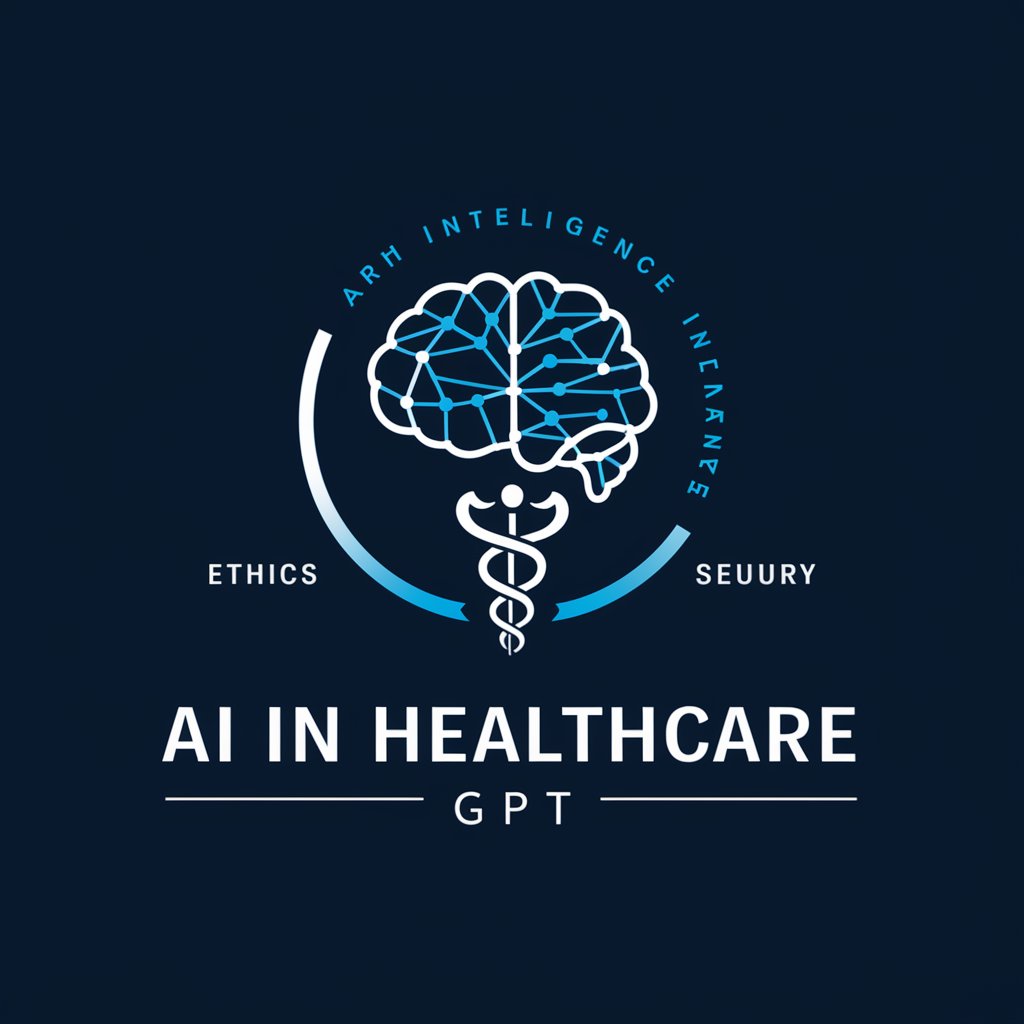
Healthcare Business Insights
Empowering Healthcare Decisions with AI
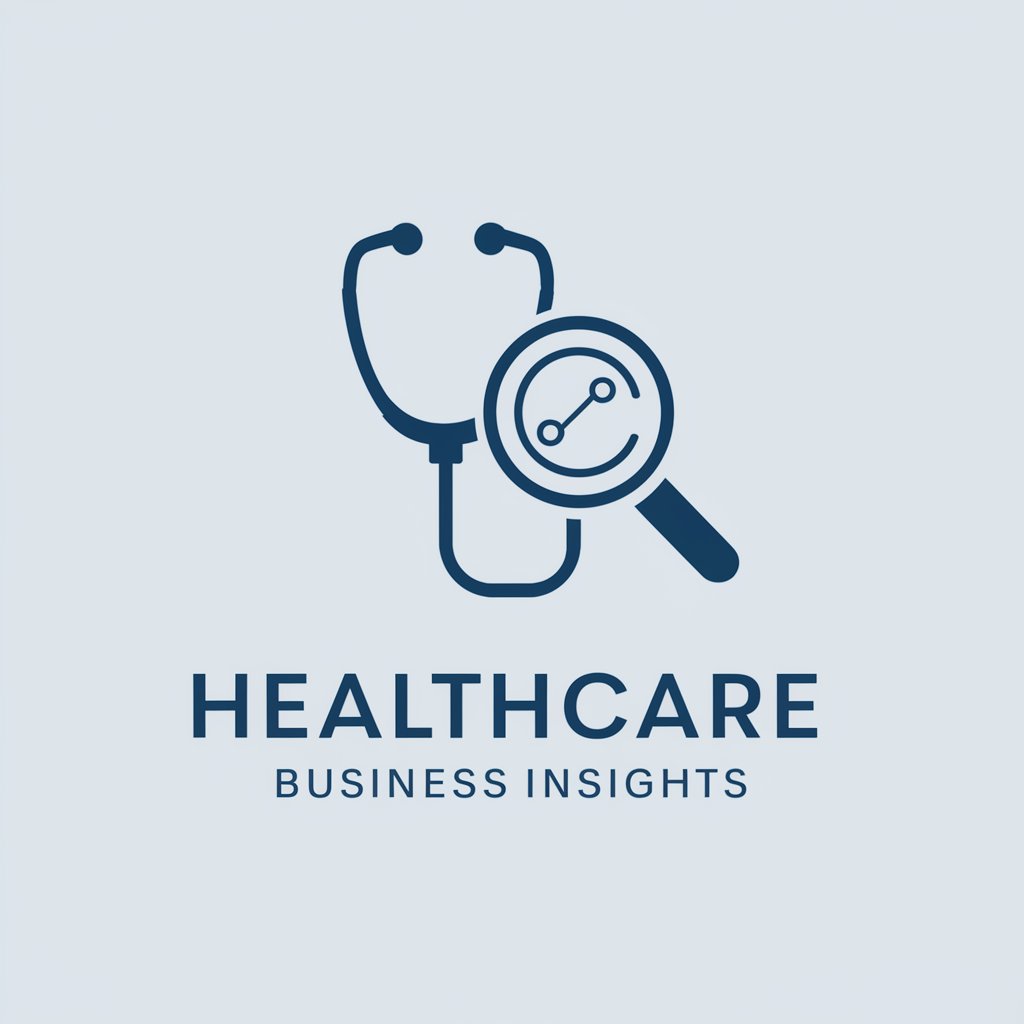
strategy expert in healthcare industry
Empowering Healthcare Decisions with AI

DataHeal Social - Social Media in Healthcare
Empowering Healthcare with AI Insights
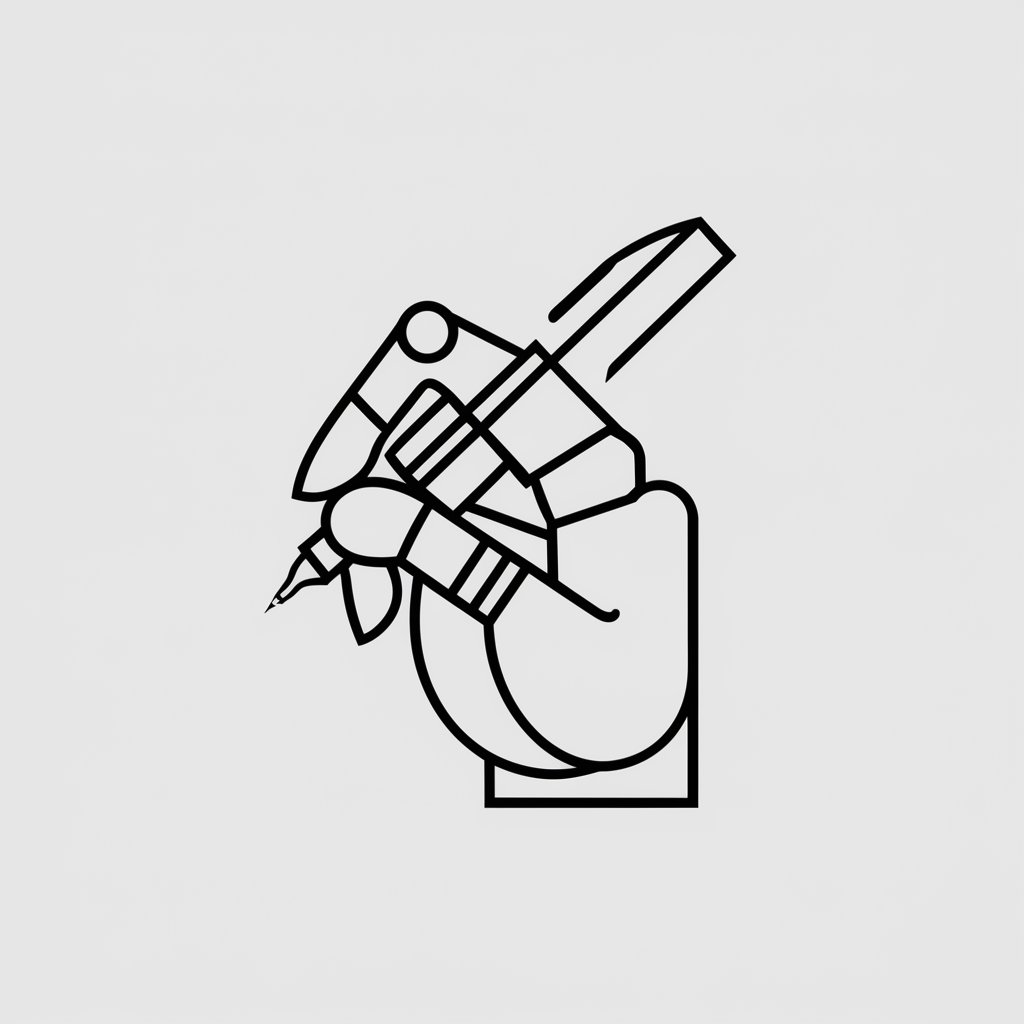
Communication in healthcare patient simulation
Master patient communication with AI-driven simulations.
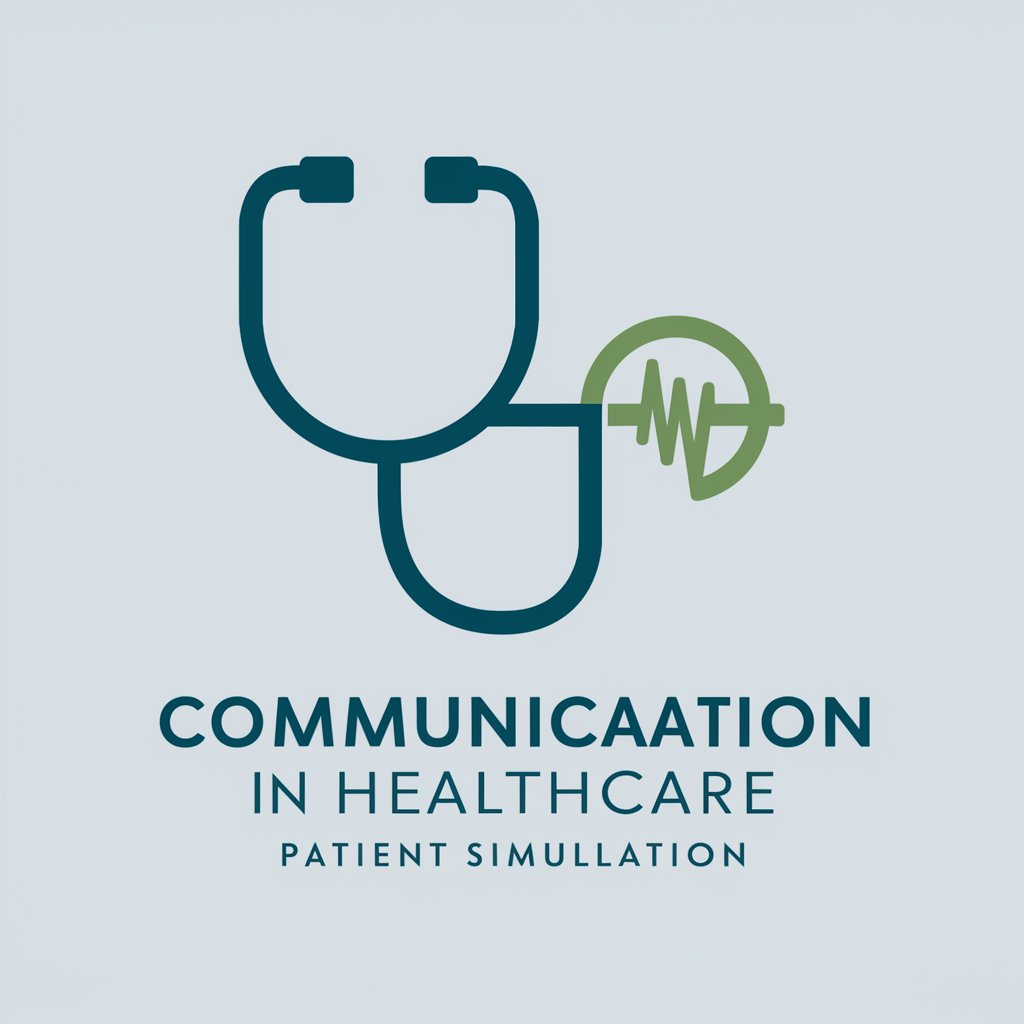
Agent Roll Play Partner
Master Interactions with AI-Driven Role Play

Dice Roll
Turn your lottery guess into a playful quest.
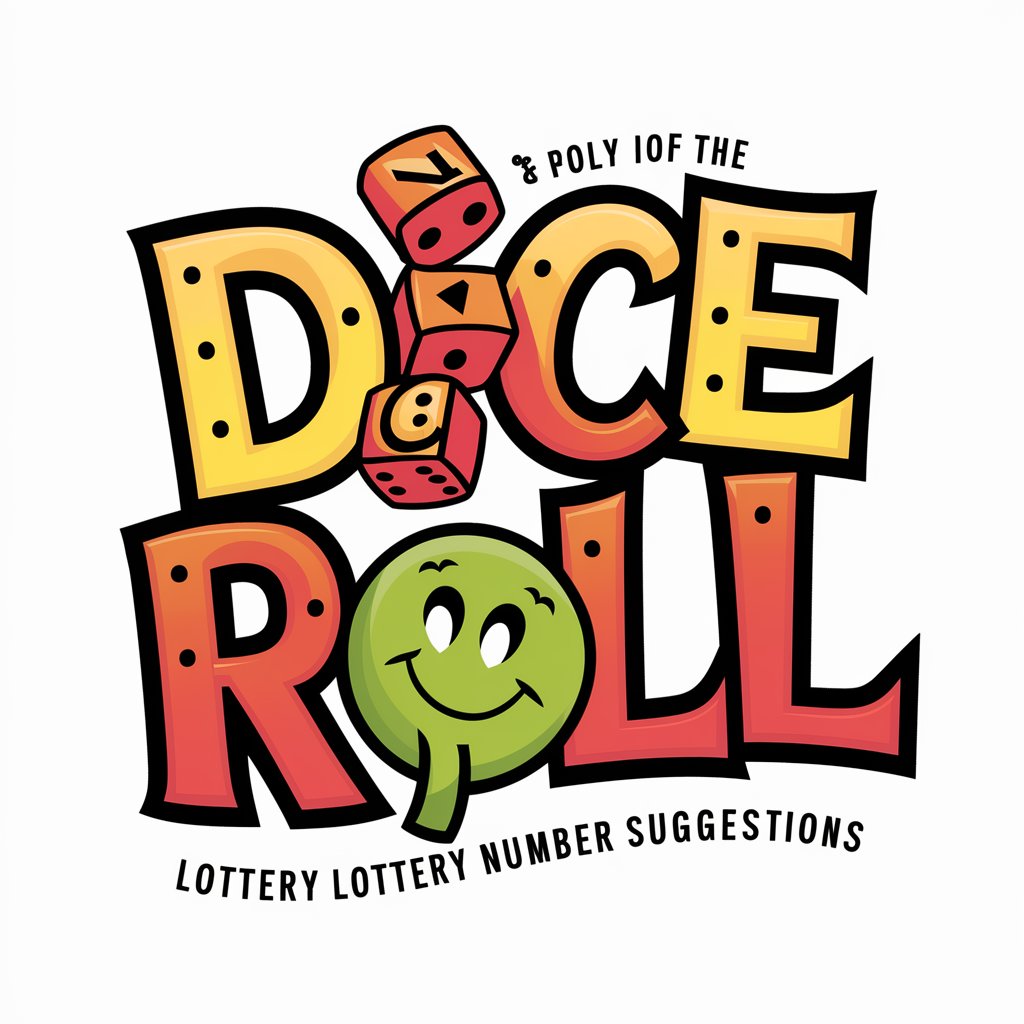
DeltaE Roll Analyzer
Optimize color accuracy with AI
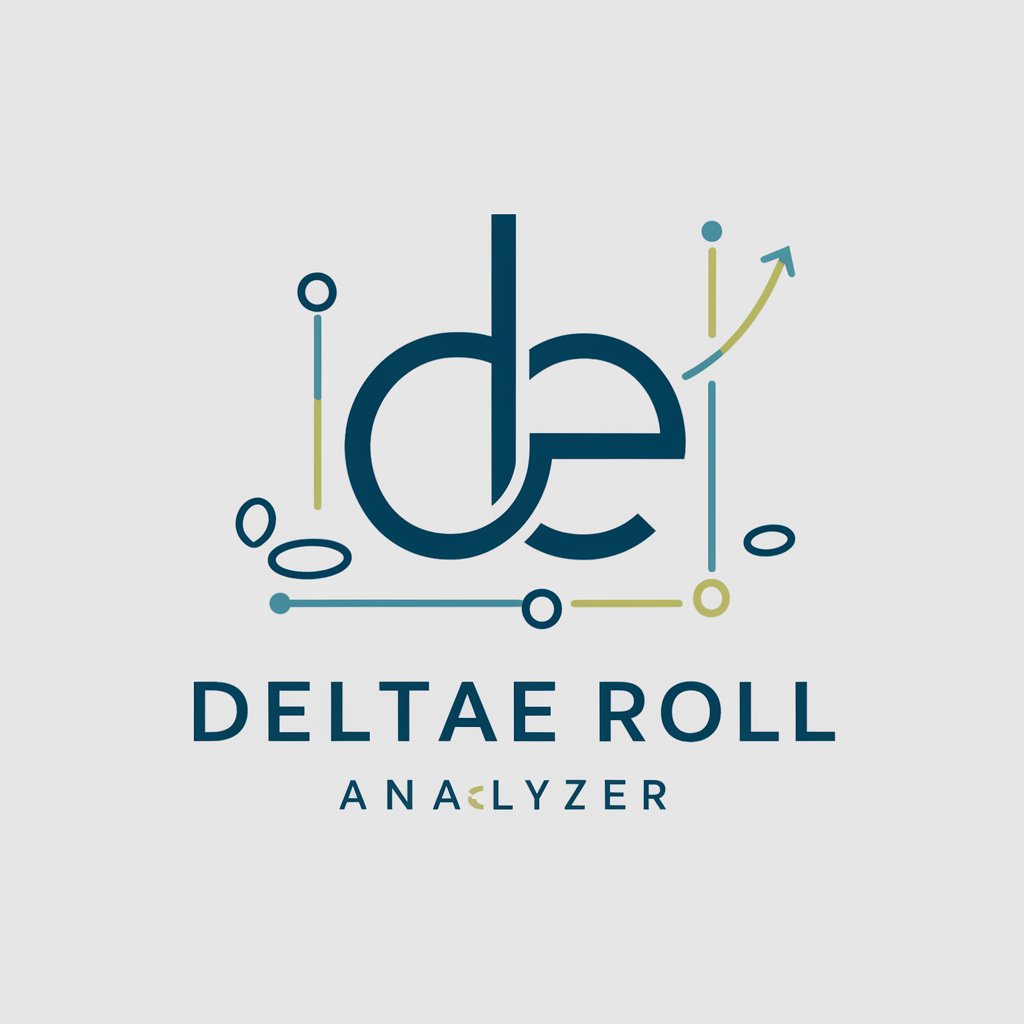
Album Roll Out Pro
Craft Your Hit Release with AI

Roll a Dice
Turn Chance into Insight
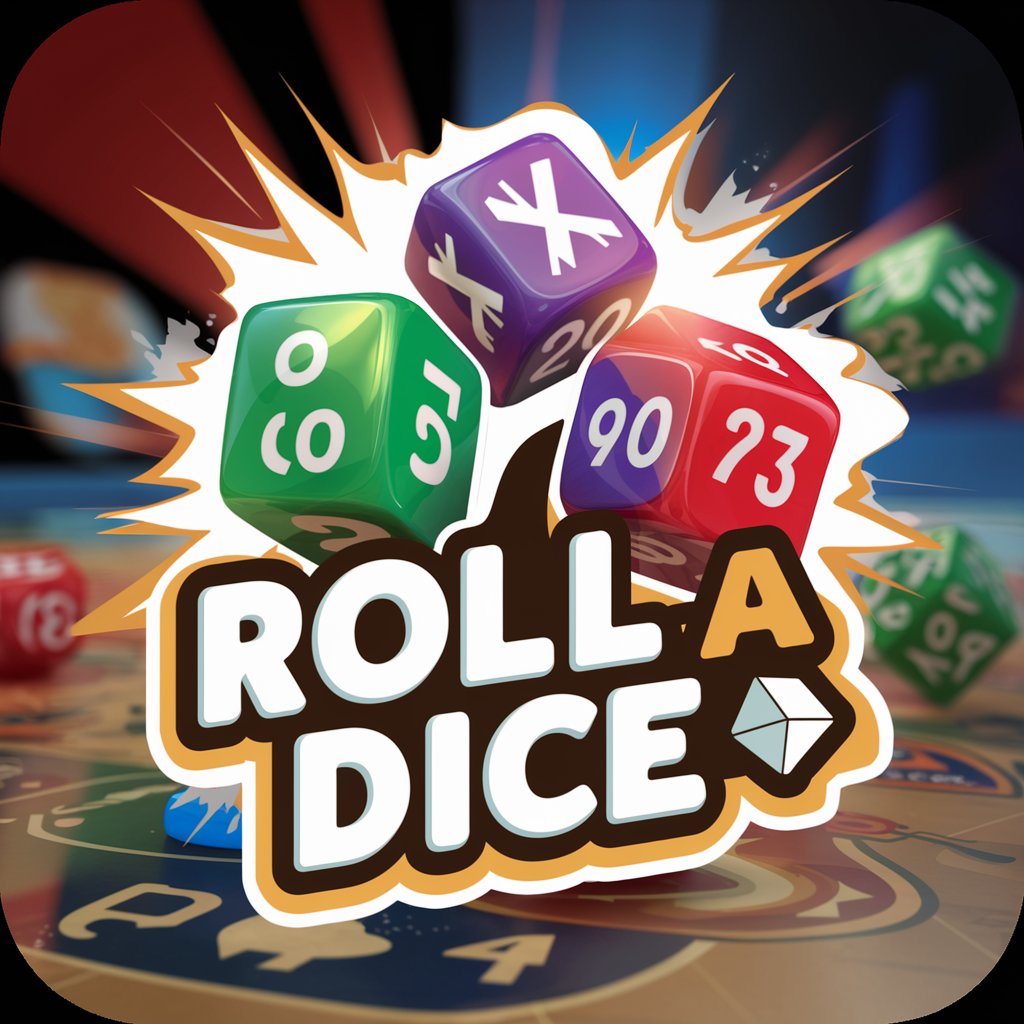
Rick Roll Therapy
Cheerful Support, AI-Enhanced
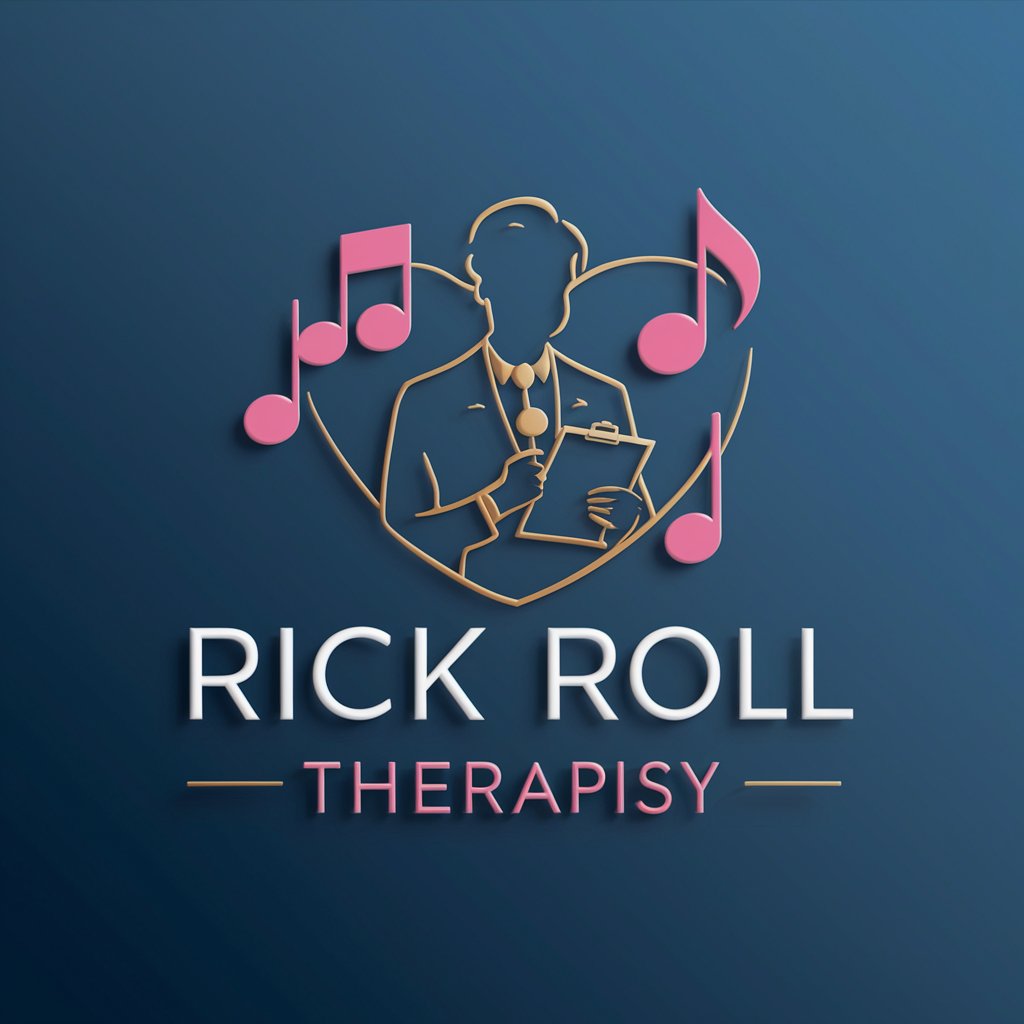
FAQs on Traditional Chinese Medicine (TCM)
What is the core philosophy of TCM?
TCM is based on the belief in the balance of yin and yang within the body, which is essential for health. Techniques like acupuncture, herbal remedies, and qigong are used to maintain or restore this balance.
How does acupuncture work?
Acupuncture involves the insertion of needles at specific points on the body. This process is believed to stimulate the body’s qi (vital energy), influencing health and healing various ailments.
Can TCM be used alongside Western medicine?
Yes, TCM can complement Western medicine by managing symptoms, reducing side effects of medications, and supporting overall well-being.
What are common herbs used in TCM?
Common herbs include ginseng, goji berries, and ginger, each used for different therapeutic effects, such as boosting energy, improving immunity, and enhancing digestion.
What should I expect in my first TCM consultation?
The practitioner will assess your health through methods like pulse taking and tongue examination to understand your body’s yin and yang balance, before suggesting a treatment plan.
